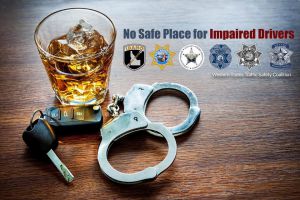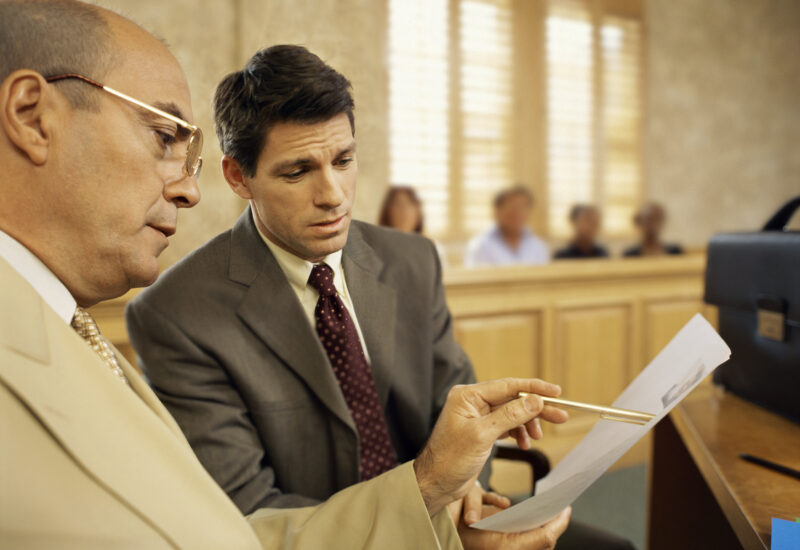
We know driving under the influence is extremely dangerous, not just to ourselves, but to fellow passengers, other drivers, and essentially, the community as a whole. Say you do end up in a situation where you’ve had a couple of drinks and might be somewhere in the gray area of inebriation. Your buddy who was supposed to be a designated driver had a little too much himself. And you probably should have called an Uber, but you find yourself behind the wheel. You drive slowly and carefully (or just get lucky) and manage to avoid any cops along the way, and you get home apparently scot-free.
Once the ignition is off and you’re out of the driver’s seat, are you in the clear? Just because you managed to get home without encountering a police officer doesn’t mean you’re out of the woods yet. If you drove under the influence, you can still be arrested and charged with drunk driving. While arrests for DUI after the fact are rare, they do happen and the penalties are just as serious Here’s how the police may deal with a DUI arrest after the fact.
While state DUI laws can vary, the standard elements of a DUI offense are fairly common: 1) You were operating a motor vehicle, and 2) You were under the influence when you were driving. If you got charged and went to court for a DUI, the prosecutor would have to prove that these two things happened.
And sure, these elements can be more difficult to prove if you are contacted by law enforcement after you’ve driven. After all, there’s no evidence from a breathalyzer or blood test to determine your blood alcohol content (BAC), and no evidence from field sobriety tests. But that doesn’t mean that there’s no possible DUI case against you.
First of all, remember that officers can still administer a sobriety test after the fact — at your home or elsewhere, even if you’re not driving at the time. The time for an accurate breath test that would hold up in court may have lapsed by then, but a breathalyzer can still detect even the trace amounts of alcohol on your breath up to 24 hours after consumption. Often, this can be enough that police can figure out what your blood alcohol level would’ve been when you were driving.
BACs are more accurate than breathalyzers, and while they have a shorter time frame, they’re still generally considered accurate for 6 to 12 hours after your last drink (though several factors can influence this timeframe, like your metabolism, gender, weight, and the amount of food, medications, and alcohol you consumed). There are yet other tests, such as urine tests and hair follicle tests, that can detect alcohol (or other drugs) for much longer.
And remember, the police themselves don’t have to catch you while you’re driving — they just need to prove you drove. Even without physical evidence pointing to your inebriation, other types of evidence can be gathered after the fact and without a traffic stop.
For one, there may be evidence of how you were driving. An eyewitness could’ve seen you driving — and remember it, especially if you were driving oddly or poorly. If police tracked them down and got them to agree to come to court and identify you, their witness testimony could be evidence against you in front of a jury.
There are also cameras at lights and tolls that could point to evidence of your suspect driving. Of course, if there was any sort of accident, property damage, or even a minor collision involving your car that night, this can be sufficient evidence for reasonable suspicion as to how you were driving that night.
If you or a loved one is in a bind as a result of a criminal charge, immediately contact a Seattle Criminal Attorney. A Criminal lawyer is not going to judge you and understands that everyone makes mistakes. Hiring a Seattle Criminal Lawyer to help can – at a minimum – reduce penalties and can help direct people on how to best deal with their criminal charge, and many times even get them dismissed. So, it should go without saying that someone cited for a misdemeanor or felony should hire a qualified Seattle Criminal Lawyer as soon as possible. Criminal charges can cause havoc on a person’s personal and professional life. Anyone charged with a crime in Washington State should immediately seek the assistance of a seasoned Seattle Criminal Lawyer. SQ Attorneys can be reached at (425) 359-3791 and/or (206) 441-0900


